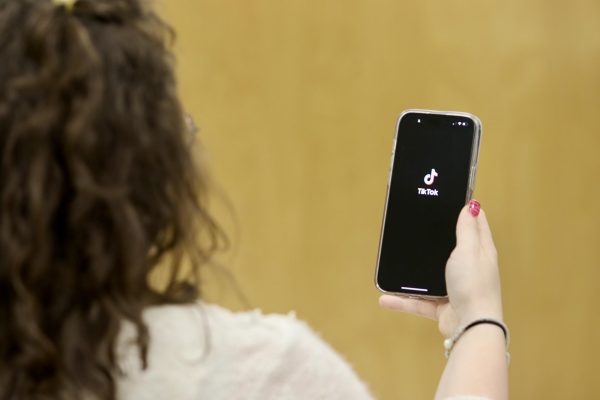Why are LGBTQ members not allowed to help save lives?
Andy Cohen, a TV host and survivor of the coronavirus, was recently denied the ability to donate blood to COVID-19 patients and believes his sexual orientation was the deciding factor.
The Food and Drug Administration’s regulations prohibit gay men who have not abstained from sex for three months from donating blood. Cohen wanted to donate antibodies to people suffering from coronavirus but was seen as at-risk for HIV and was therefore not allowed to donate.
“I’ve known in the past about the fact that gay men cannot donate blood, but I think we’re in an unusual situation right now,” Cohen said in an interview with CBS News. “We’re in a war against a disease that we don’t know a lot about, and there’s an urgent need for the antibody that is in people like me who have survived coronavirus.”
Cohen, along with many other sources, find the rule unfair.
“All donated blood is screened for HIV and a rapid HIV test can be done in 20 minutes or less,” stated Cohen in an interview with USA TODAY. “So, why the three-month rule? Why are members from my community being excluded from helping out when so many people are sick and dying? Maybe because we’re valuing stigma over science? I don’t know. My blood could save a life, but instead, it’s over here boiling.’”
In my opinion, there is, of course, a risk with HIV transmission in blood donations.
According to Mayo Clinic, it can take anywhere from three to twelve weeks for an HIV infection to show up in bloodwork, so I believe it makes sense that people would want to be cautious about it. The idea that only one particular group of people is being targeted by medical professionals is faulty.
The fact that people have the preconceived notion that Cohen, as well as other gay and bisexual men, already have HIV because of their sexual activity, is wrong and prohibits their contribution to the effort. However, it is important that anyone who could have been exposed to HIV is analyzed carefully.
It is important that everyone is tested for HIV, so that it is not passed on via blood donations. Anyone can fall victim to HIV, not only gay and bisexual men, and I think Cohen felt that he was being discriminated against due to his sexual orientation, which may not be the case.
The FDA’s rules against blood donation are inclusive to everyone at a high risk of becoming infected with HIV.
“For male donors who would have been deferred for having sex with another man: the agency is changing the recommended deferral period from 12 months to three months,” according to the FDA. “For female donors who would have been deferred for having sex with a man who had sex with another man: the agency is changing the recommended deferral period from 12 months to three months. For those with recent tattoos and piercings: the agency is changing the recommended deferral period from 12 months to three months.”
So, it is not just gay men that are not able to donate, as Cohen and other news outlets report. It is for many people.
It can take up to three months for HIV to show up in the blood. The FDA’s policies currently in place are reasonable and inclusive to many groups of people who could have been exposed to HIV – not just gay men. Cohen also does not disclose to media outlets his exposure to HIV, which could have played a major role in medical professionals’ decision to turn him away.
It takes around three months after exposure to HIV to ensure that a person is not affected. After those three months pass, the high-risk donors should be allowed to be tested to contribute to the pandemic solution, as long as it is proven to be 100 percent safe.
Your donation will support The Lion's Roar student journalists at Southeastern Louisiana University.
In addition, your contribution will allow us to cover our annual website hosting costs.
No gift is too small.

Elana Guillory is an art major and lives in Ponchatoula. She worked as a reporter for The Lion's Roar from the fall of 2019 until April 2021, and now she...







